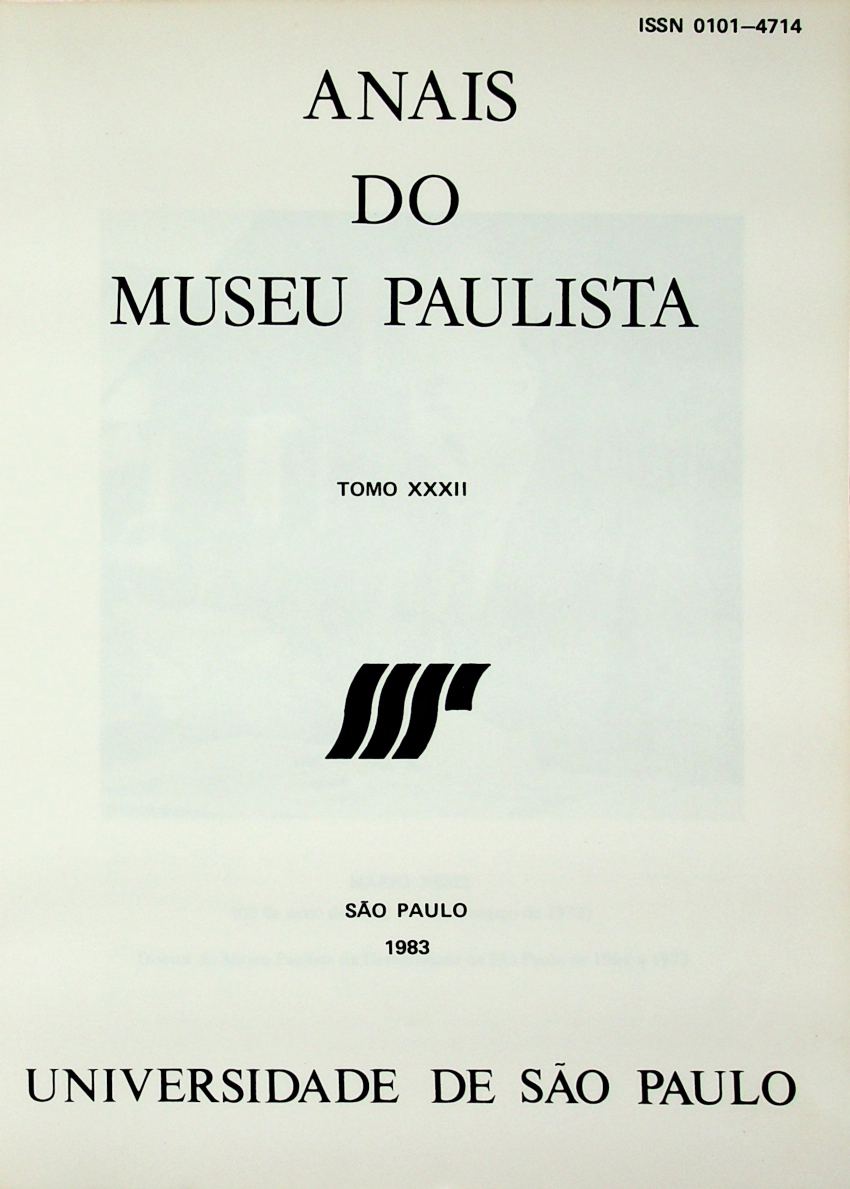Relações de trabalho no Brasil: aspectos de sua evolução histórica (1822-1917)
DOI:
https://doi.org/10.11606/1982-02671982TomoXXXIe4Resumen
Until the Civil Code carne into force in Brazil (1917), labour relations were ruled by norms of the Philippine Ordinances (1603), laws aiming at governing agricultura! activities (1830, 1837 and 1879), the Commercial Code (1850), and norms of a merely local nature. After the Republic was implanted, with the increasing number of foreign immigrants and the emergence of urban industries, besides lax measures to protect workers under age and the freedom to organize labour unions,there was a legislation concerning the expulsion of foreigners (its norms were aggravated with the suppression of the guarantee offered to those who had married Brazilian women or whose children had been born here).The situation of helplessness in which workers used to live in Brazil has its roots in the generalized contempt devoted to manual labour. Manual labour was regarded as debasing, whereas idleness was surrounded by an aureole of nobility. In spite of everything, the proletariafs struggles contributed to agreat extern to the
guarantees offered them by the legislation.
Descargas
Descargas
Publicado
Número
Sección
Licencia
Derechos de autor 1982 Célio Debes

Esta obra está bajo una licencia internacional Creative Commons Atribución 4.0.
Autores que publicam nesta revista concordam com os seguintes termos:
- Autores mantém os direitos autorais e concedem à revista o direito de primeira publicação, com o trabalho simultaneamente licenciado sob a Licença Creative Commons Attribution que permite o compartilhamento do trabalho com reconhecimento da autoria e publicação inicial nesta revista.
- Autores têm autorização para assumir contratos adicionais separadamente, para distribuição não-exclusiva da versão do trabalho publicada nesta revista (ex.: publicar em repositório institucional ou como capítulo de livro), com reconhecimento de autoria e publicação inicial nesta revista.
- Autores têm permissão e são estimulados a publicar e distribuir seu trabalho online (ex.: em repositórios institucionais ou na sua página pessoal) a qualquer ponto antes ou durante o processo editorial, já que isso pode gerar alterações produtivas, bem como aumentar o impacto e a citação do trabalho publicado (Veja O Efeito do Acesso Livre).



